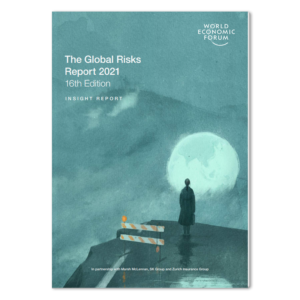
The Global Risks Report 2021 16th Edition
Robert Muggah contributed to the annual Global Risks Report.

Robert Muggah contributed to the annual Global Risks Report.
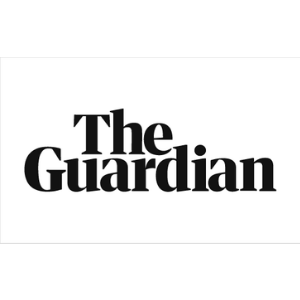
Jair Bolsonaro’s latest efforts to make guns more easily available to Brazilians have sparked anger and trepidation with some calling the moves a threat to the South American country’s young democracy.
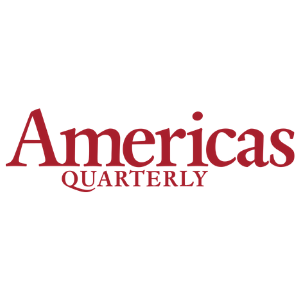
It’s no surprise that a president whose campaign symbol was making a gun gesture with his hands would turn out to be a pro-gun leader once in office.

The COVID-19 pandemic is generating monumental challenges for most governments, corporations and societies, both online and off.
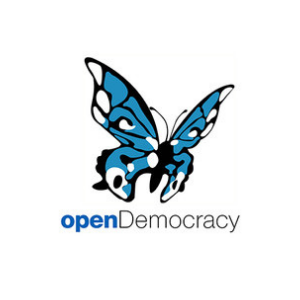
It was once fashionable to describe Brazil as the country of the future.

One of the many injustices of climate change is it hits the world’s poorest countries hardest
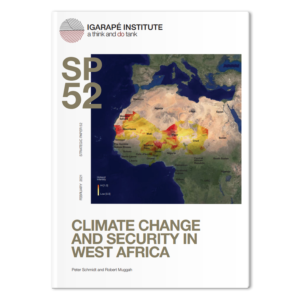
The Igarape Institute has prepared a series of products on the relationship between climate security and violence in West Africa.
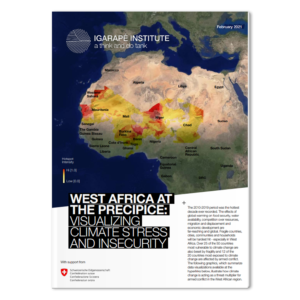
Instituto Igarapé preparou o boletim “Avaliando as relações entre as mudanças climáticas e a segurança na África Ocidental”

When Brazilian President Jair Bolsonaro repeatedly downplayed the threat of COVID-19, Brazilians were understandably confused about the gravity of the pandemic.

We’re pleased to announce the shortlist for the Think Tank Awards 2020.

Globalization is the most progressive force in the history of humankind.

Is it possible for societies to reduce crime without creating or exacerbating adversarial relationships between the police and citizens?

Late last year, Colombia’s federal police arrested Diego Optra, a crime boss who heads a ruthless gang called La Local in the port city of Buenaventura.

The global green transition will accelerate – and not a moment too soon.

At least one foreign leader still believes outgoing U.S. President Donald Trump’s desperate claims that the election was rigged.
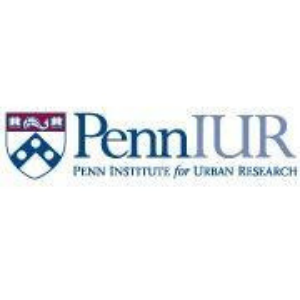
The COVID-19 pandemic could give rise to positive innovations in cities and a radical intolerance of the status quo

All during 2020, as the coronavirus pandemic swept around the world, another novel virus with devastating long-term effects spread unnoticed worldwide

While the coronavirus pandemic is ravaging around the globe, we will continue to experience unprecedented urbanization in the coming decades.

Discrimination and violence against Brazil’s LGBTQ communities are widespread, yet often underreported

Ilona Szabó is competing for the Think Tanker of the Year prize
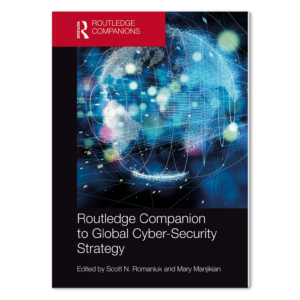
Louise Marie Hurel contributed with a chapter on cyber-security governance in Brazil.

At 8:45 pm, five gunmen stormed the Holey Artisan Bakery, an upscale establishment in Dhaka, the capital of Bangladesh.

Many Brazilians were worried by the torrent of disinformation on social networks during this year’s bitterly contested U.S. presidential elections

Cities are the crucible of our civilisations

Central Asia was long a digital backwater

Brazilians are preparing nervously for their own municipal elections on November 15

This is the startling observation made by authors Ian Goldin and Robert Muggah in the introduction to their fascinating new book, Terra Incognita
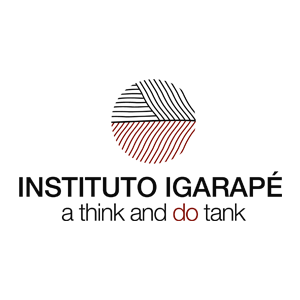
As part of this launch, the Igarape Institute is releasing a new report – The Ágora is under attack: a typology for the analysis of the closure of civic space in Brazil and in the world
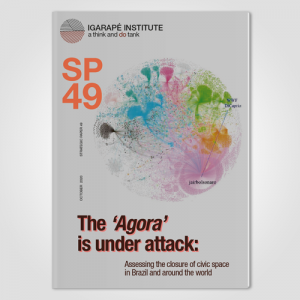
What is civic space? What is its relation to our democracy? Why is it under attack? In this article, Ilona Szabó explains all and proposes a typology for a better understanding of the different strategies and tactics used by authoritarian-populist governments. The article also presents

Maps are not just informative, they are empowering. They can help provide a new perspective to age-old problems

O Instituto Igarapé utiliza cookies e outras tecnologias semelhantes para melhorar a sua experiência, de acordo com a nossa Política de Privacidade e nossos Termos de Uso e, ao continuar navegando, você concorda com essas condições.

